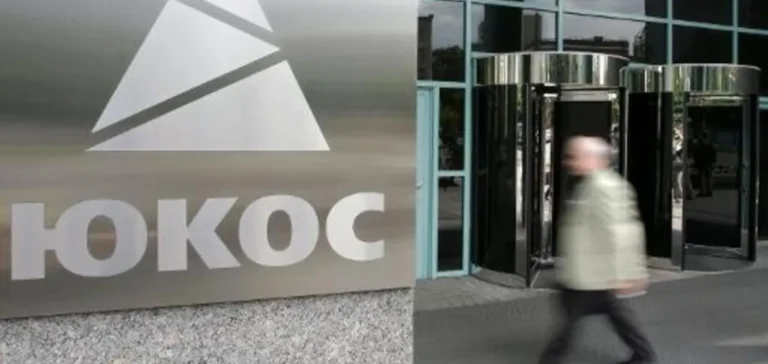The Russian Federation must pay $50bn in compensation to former shareholders of Yukos, following a ruling issued Friday by the Supreme Court of the Netherlands. This judgment brings a definitive close to one of the longest arbitration disputes in history between a state and private investors in the oil sector.
End of a dispute triggered by Yukos’ dismantling
Yukos, once Russia’s largest oil company, was dismantled in the early 2000s after the arrest of its chairman Mikhail Khodorkovsky. The company had emerged in the 1990s during the privatisation of former Soviet assets, before being accused of tax arrears in 2004 by Russian authorities. This procedure led to the forced liquidation of its assets, notably in favour of state-owned company Rosneft.
The company’s former majority shareholders, grouped under GML, then brought the case before the Permanent Court of Arbitration (PCA) in The Hague, arguing that Russia had orchestrated the expropriation of their assets. In 2014, this international court ruled in their favour, ordering the payment of a historic compensation.
Over a decade of legal proceedings
The 2014 decision, then considered the largest arbitral award ever granted, was immediately contested by Russia. Russian authorities argued that the PCA lacked jurisdiction, triggering a series of appeals in Dutch courts. In 2016, a Dutch court initially sided with Moscow, before an appeals court reinstated the validity of the arbitral award.
The Dutch Supreme Court then referred the case back for procedural review in 2021. After the ruling was once again confirmed by a lower court, Russia submitted a final appeal, now rejected by the Supreme Court, which found the proceedings legally sound.
A ruling with broad implications for investor-state disputes
This decision ends a legal saga that began more than 15 years ago and reinforces the authority of international arbitration mechanisms in disputes between private investors and states. GML called it a “historic victory”, highlighting the importance of the precedent it sets.
The $50bn amount remains the highest compensation ever granted in a dispute between investors and a state. The question of actual enforcement of the ruling remains unresolved, as Russia has not recognised the legitimacy of the initial arbitration.






















